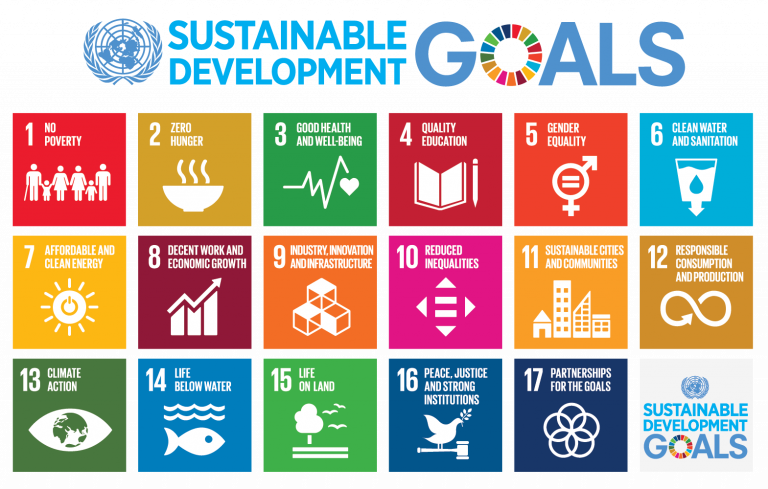
Environmental remediation, although designed to remedy contamination and reduce risks to human health and the environment, also has the potential to cause environmental, economic and social impacts. The Groundwater Engineering Research Group has been particularly active in seeking new approaches and tools for the Sustainable Remediation (SR) of contaminated sites.
While traditional remediation focuses only on primary impacts related to site specific issues (e.g. health impacts from site contamination, landscape degradation), SR goes beyond the site boundary and takes into consideration many secondary and tertiary impacts, such as emissions associated with energy and material acquisition and post-remediation site use. The GW Group conducts many research projects with the purpose of maximizing the overall environmental, social and economic benefits of the remediation work and of leading to a more efficient usage of limited resources.
Environmental Sustainability
The GW Group developed a novel protocol for the synthesis of bimetallic nanoscale zero-valent silver/iron (nZVSI) for in situ aquifer remediation. As opposed to the synthesis of zero-valent iron nanoparticles (nZVI) that employs toxic reagents (i.e. borohydride), this novel synthesis protocol employs benign reducing agents and it is of easy implementation and scalability. The synthesis of nZVSI allows to significantly reduce the impact of the particle production stage and, consequently, of the whole remediation process. Also, the simplicity and the safety of the synthesis procedure allow the production of the bimetallic reactant directly on-site, thus streamlining the remediation process and maximizing its efficiency.
References
Energetic and Economic Sustainability
The GW Group proposed an approach to make Pump and Treat (P&T) systems employed for the hydraulic containment of contaminated groundwater more energetically and economically sustainable by exploiting the potentiality of their geothermal use. The approach suggested by this research is to perform heat exchange (directly or with a heat pump) on the groundwater extracted by P&T systems, thus mitigating their costs and at the same time providing low-carbon and low-cost heating and/or cooling to buildings or industrial processes.
References
Land Sustainability
The GW Group is also committed at reducing the tertiary impacts of remediation, in particular regarding the redevelopment of brownfield sites in urban areas. The group collaborates with the FULL (Future Urban Legacy Lab) center of Politecnico di Torino with the purpose of proposing an interdisciplinary approach to brownfield remediation, in which adaptive remediation approaches are combined to sustainable design strategies as an alternative to complete remediation. The cross-disciplinary interaction between Environmental Engineers and Architects resulted in the development of AdRem, a decision support parametric tool employed to compare different contamination conditions, available remediation techniques and schematic urban design solutions.